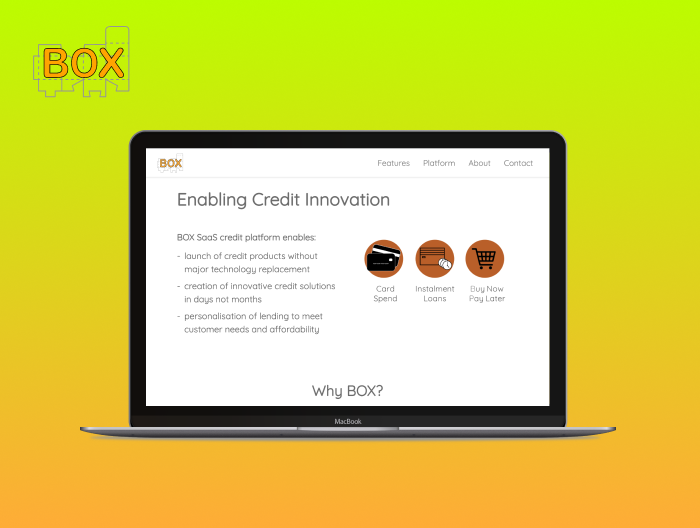
Challenges the fintech industry will face in 2023
Without exaggeration, the past two years can be regarded as pivotal for the fintech services industry. The primary causes of this are COVID-19’s global digitization and quarantine regulations. The virtualization of fintech sparked the development of new financial services delivery methods, the rise of neo-banking, cryptocurrencies, mobile apps, and cutting-edge IT technology. It is clear that no one will slow down the introduction of new technology or the delivery of services in the fintech industry in 2023, meaning that the future is uncertain. Continue reading to learn more about the industry’s challenges in the upcoming year.
Fintech Future: Potential Scenarios
Back in 2019, global financial markets began to rebuild dramatically. Entry barriers for new participants are being eliminated at this stage of growth, and alternative players are replacing established financial institutions. Significant technology businesses, alternative payment providers, and fintech startups began to gain positions in the most sophisticated economies.
That being said, experts propose three global possibilities for financial sector development:
- Market values will shift: traditional banks will be assigned a limited role as providers of financial services, with a shift to digital platforms and huge non-financial systems. This scenario is already visible in China, which is controlled by large tech corporations such as Alibaba.
- The UK and other European nations are already implementing the Open Market approach through Open Banking and the Payment Services Directive (PSD). The financial industry may use open APIs as a result of open banking. So, the biggest banks in the UK, including RBS, HSBC, Barclays, and others, have gotten behind this campaign. The introduction of new fintech services and business models has increased competition while also raising the standard of services offered.
- The third approach, evolutionary, will result in the establishment of an ecosystem market. The market is dominated by large businesses that provide financial services. Both Australia and Canada are already putting this concept into practice.
There is a high chance that banking business models will undergo a digital transformation, and the financial institution will only serve as a savings guarantee. Banks will transform into IT enterprises, forming ecosystems that will bring together a wide range of fintech services and people.
At the same time, fintech will evolve to a new level, with businesses created around a bank with a license and a certain amount of liquidity, offering customers affordable digital services. This is similar to when personal computers began to gain traction in the consumer market: machines got smaller and inexpensive, and the evolution of their capability over the last 20 years has been astounding.
Open API in Banking
According to the Open API ideology, bank clients can share their data with fintech companies and perform transactions through them, and banks should allow users to share data with third-party financial service providers in order to provide better service to end customers. Such engagement occurs through the use of open programming interfaces (Open API), which operate as a point of contact for data transfer. However, market participants currently lack the means to provide BaaS. (Bank as a Service).
White Labeling
Mutual provision of sales channels for bank services and Fintech companies, which is regarded as a low-risk strategy to develop new collaborative products. The most prevalent way under this model is white labeling: a bank purchases a service or product from a fintech business and implements it under its own brand. However, due to the finTech company’s ability to collaborate with other banks on equal terms, this approach does not grant the bank exclusivity.
Read more: Digital Banking and Virtual Banks: The Future of Commercial Banking in 2022 and Beyond
Fintech Company Takeovers
Redemption of all product rights or all of the fintech company’s corporate rights. With a complete rebranding, a fintech product is integrated into the bank. The integration of two organizations, which frequently have different corporate cultures and business structures, carries a certain amount of risk. If the product doesn’t get better, it can eventually lag behind in terms of creative development and become less valuable as an asset.
Lack of Blockchain Standardization
There is the necessary standardization for any technology. This implies that implementing and utilizing this technology globally will now be simple for businesses all around the world. Due to its rapid expansion, blockchain does not currently have adequate standards. It is challenging to standardize distributed ledger technologies when several organizations work on their “own” blockchains or iterations of the technology. Additionally, the rivalry is fierce, making it even more challenging for these firms to cooperate to accomplish the main objective.In the end, there are hazards to security, privacy, and compatibility.
Cybersecurity
Cybersecurity automation is anticipated to receive increased attention since maintaining cybersecurity measures, managing personnel shortages, and enhancing operational efficiency are all urgent concerns for most businesses. Banks and financial institutions now hold information like passport data, phone numbers, insurance policy numbers, e-mail addresses, income certificates, addresses, and bank information. They may consequently fall into the hands of cybercriminals. Companies will therefore have to pay more attention to user data preservation and cybersecurity.
Final Words
The COVID-19 pandemic has sped up the development of innovative financial technology and increased investment in this field. The fintech payments sector has the most prominent investment activity, and investors are becoming increasingly interested in the following industries: blockchain, cryptocurrencies, regulatory technology, and cyber security. Still, there are a number of challenges the fintech industry will face in the upcoming future, and there’s no way around it. If you’re planning to launch a startup or already have a fintech company, read about our digital transformation services for any business. Contact us to receive a consultation with our best experts.
Latest Insights
Stay informed on the latest updates and trends to follow in financial services, digital transformation and software development from NerdySoft





